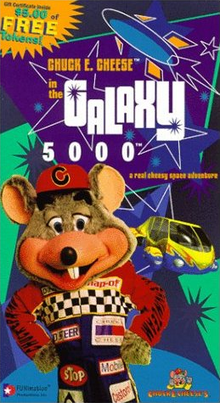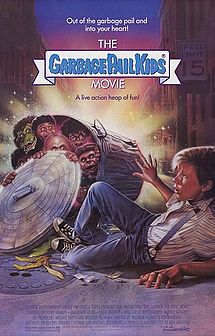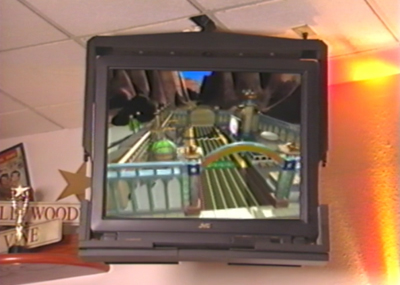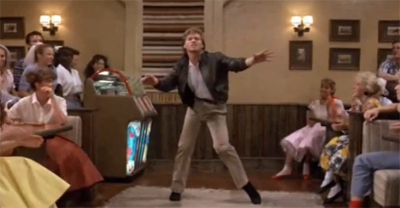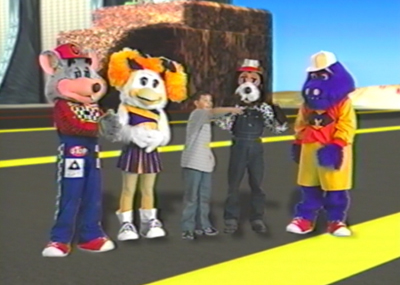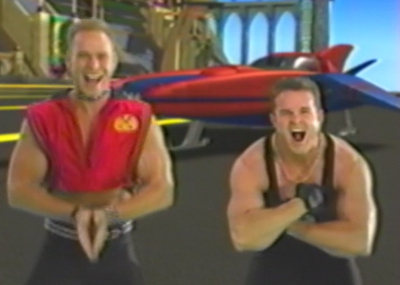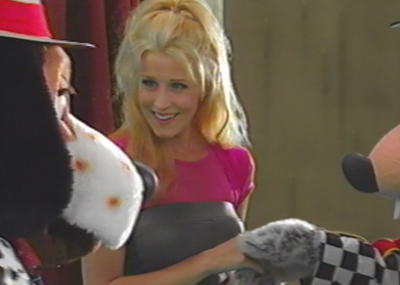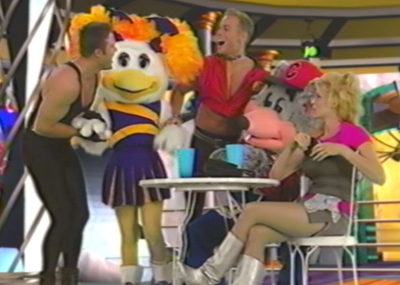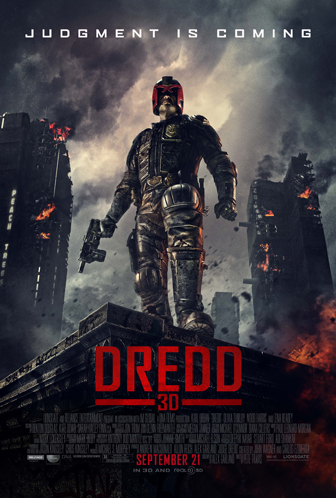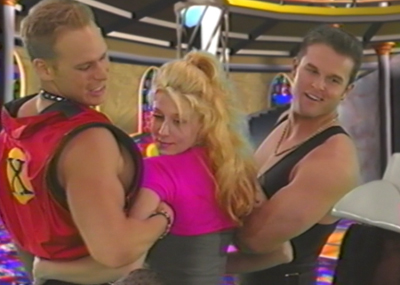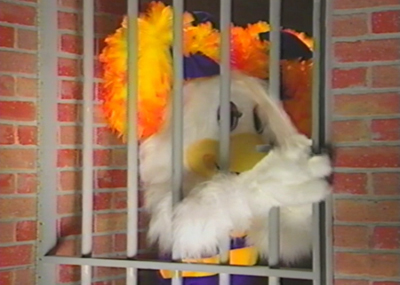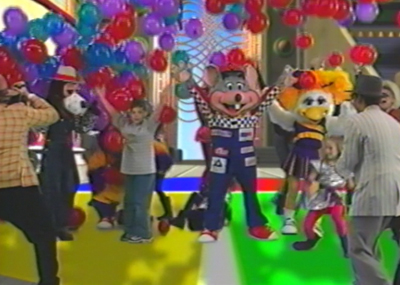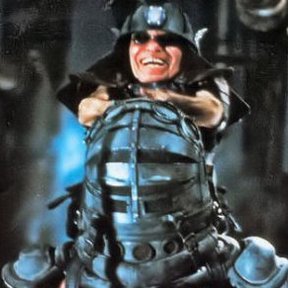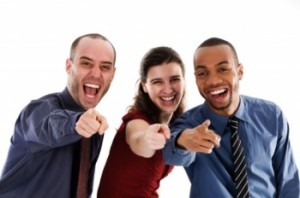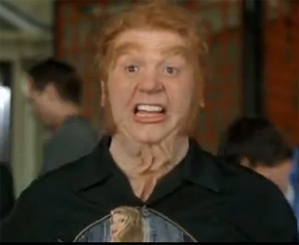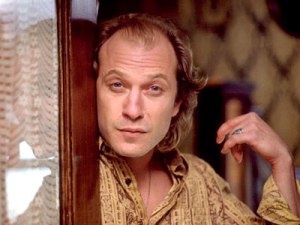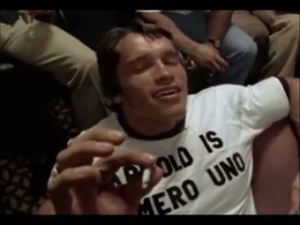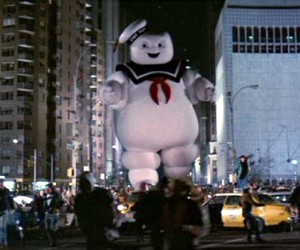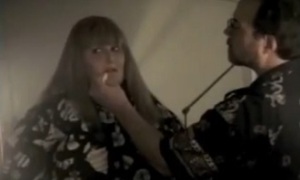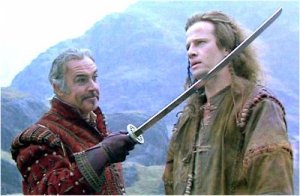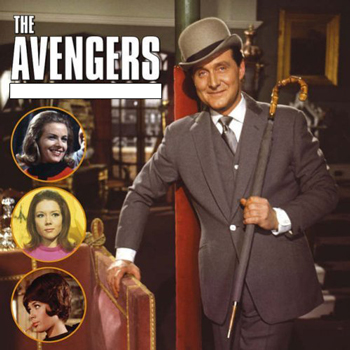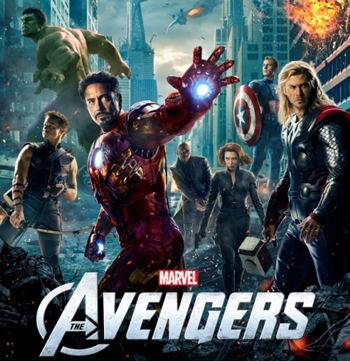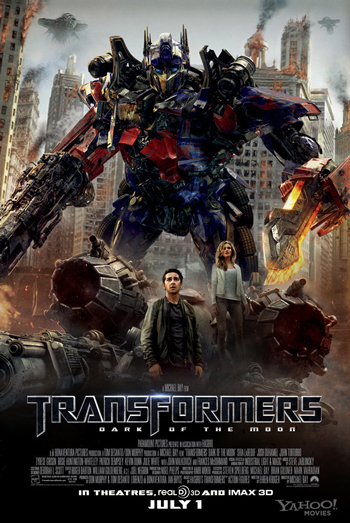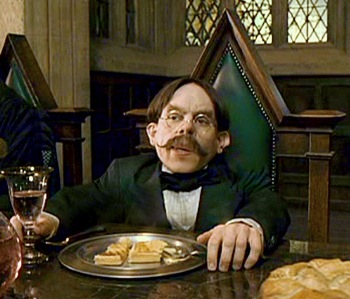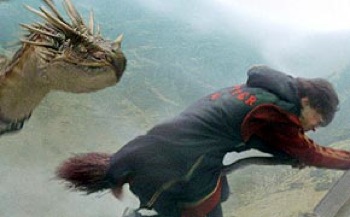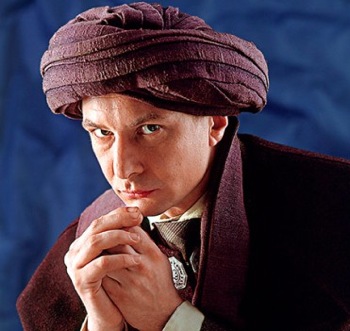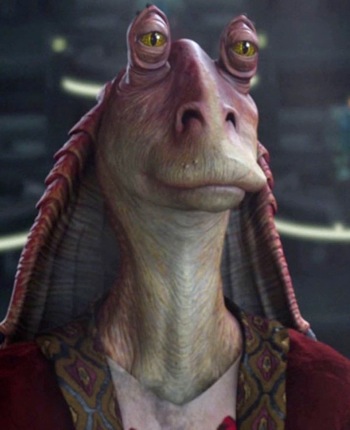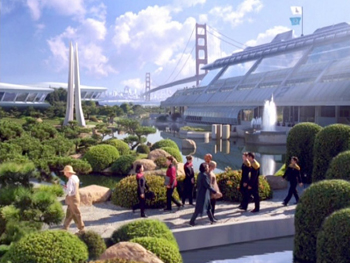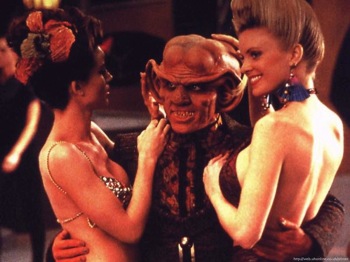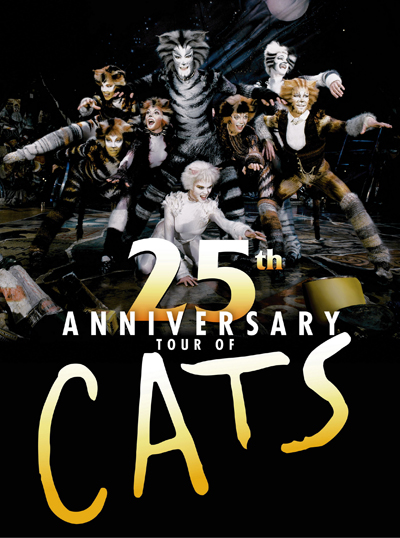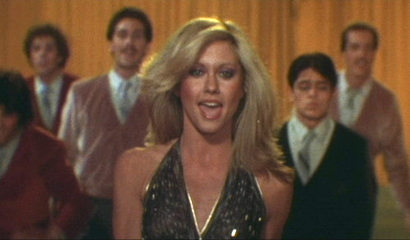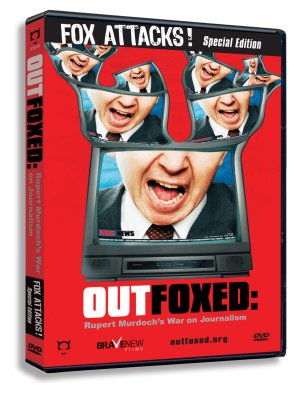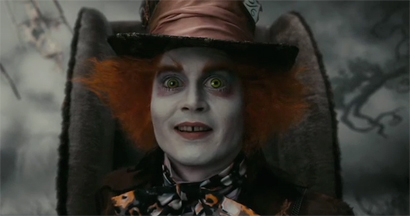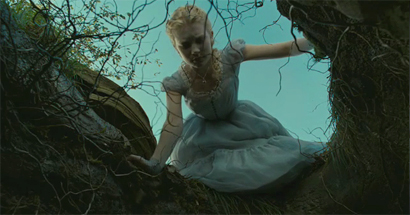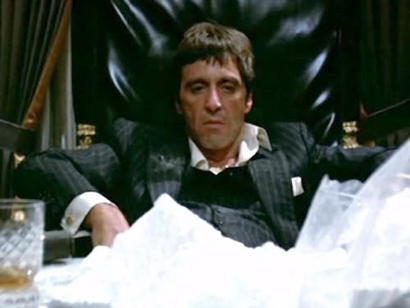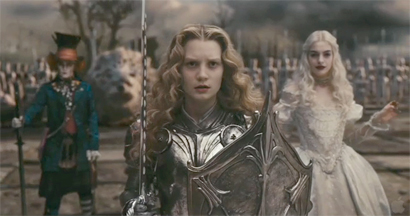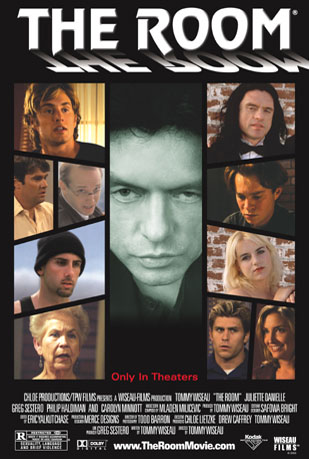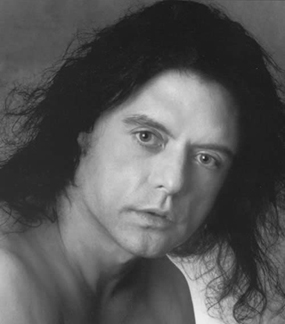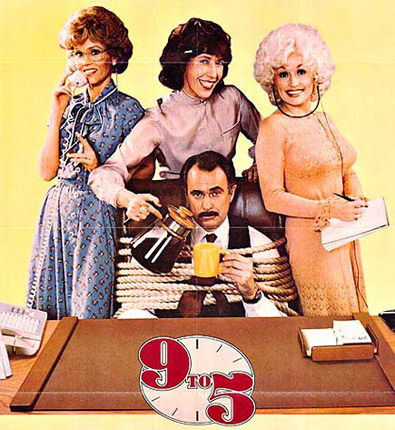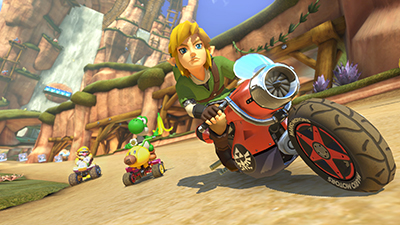
Well, that’s one way of getting across Hyrule Field.
The upcoming downloadable content for Mario Kart 8 was unveiled recently and it exceeded most expectations (STILL no traditional Battle Mode arenas, Nintendo?). 16 new tracks, 8 new vehicles, 6 new characters and a variety of color customization options for two characters already on the roster — all for only $12. That’s hard to beat. Better yet, 3 of the new characters revealed aren’t even from the Super Mario franchise (Link from The Legend of Zelda and the Villager and Isabelle from Animal Crossing) and several of the upcoming tracks are based on the F-Zero, Animal Crossing and Excitebike games. Mario Kart has done game crossovers before (in their arcade ports), but not to this extent.
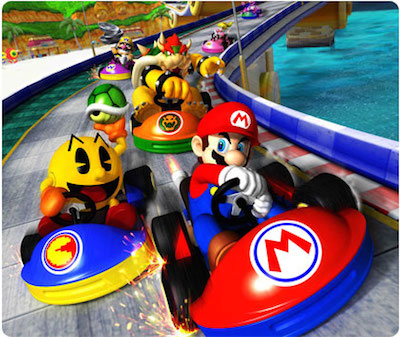
“Get off my bumper, you pellet-popping cherry chaser!”
Two of Nintendo’s best-selling franchises are Mario Kart and Super Smash Bros. Why not take the gameplay of Mario Kart and implement the no-holds-barred, franchise-crossing antics of Smash Bros. into one amazing game? That seems to be their reasoning right now, and it’s smart — damn smart. But now that they’ve gone this far, why not go whole hog and just make it a new franchise? A Super Smash Kart, if you will. If they were to do that, I think they’d have to do some things to differentiate it from Mario Kart, but keep the spirit of Smash Bros. Here’s what I would do if I were to make the game….
1. Co-op Karts
Mario Kart: Double Dash!! for the Gamecube is amazing, but at the time it was released, it wasn’t as appreciated as it should have been. Perhaps it was too weird and too different from what people were accustomed to — I don’t know. What I do know is that game had some of the most amazing multi-player ever.
In Double Dash!!, two characters rode on one kart. In a single-player race, it allowed you to obtain multiple items at a time; each character could hold an item and they switched places to fire. In a multi-player race, you had the option to have two players on a single kart — one drove while the other handled items. It might sound boring for the item player, but they could also attack the other racers with punches and kicks even without items — a feature you don’t have in the single-player modes.
Frankly, you haven’t raced until you’ve seen Princess Peach hip-check Bowser off the road.
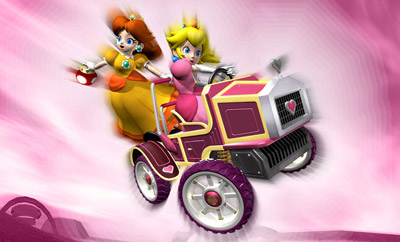
“FEAR OUR POWER!”
That’s just scratching the surface of how the co-op mechanics worked. Every time the item player attacked, it would cause the kart to swerve, and it was possible to throw the entire kart off the track if they weren’t careful. To get a drift boost, you needed both players — the driver initiated the drift and the item player would have to lean into it to get the boost. All of these factors forced the players to work together or else they’d lose, and it really made you feel like a team. It was an excellent multi-player experience that was only rivaled by, well, Super Smash Bros.
And while we’re talking about Double Dash!!…
2. Character-Specific Special Items
Double Dash!! introduced character-specific items to the Mario Kart franchise. For example, only Donkey and Diddy Kong would receive giant bananas that when dropped behind them, would cover up two-thirds of the track. With the dual person kart setup, you could mix and match characters to get a balance of items that you wanted. Team up Mario with Waluigi to get fireballs and bombs as your special items and then you’ll view everyone else on the course as clay pigeons.
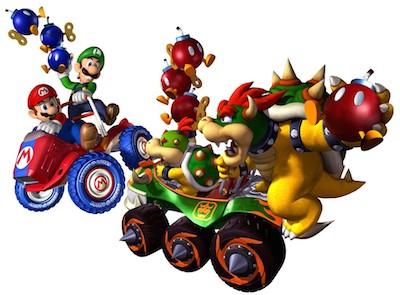
And there were no survivors. The end.
The character-specific items gave everyone personality and allowed for strategy when you mixed and matched different characters together, which is a shame that they stopped with this game (for console versions, at least). But imagine that mechanic with other Nintendo properties involved. Starfox‘s Fox McCloud’s Arwing spacecraft could appear overhead, allowing him to hop into it and momentarily fly over the course, evading obstacles and getting a boost in speed. Maybe Link gets the Hookshot, allowing him to latch onto and pull himself towards or past racers in front of him.
With an improved and expanded arsenal, a better defense would be needed, so I propose….
3. A Shield Mechanic
This might sound weird at first, but hear me out. In the Mario Kart arcade games, you’d gain a temporary shield while you were drifting. It’s a nice bonus for those who are more nuanced to the mechanics and get sick of being nailed by cheap items. This idea hasn’t expanded to the other Mario Kart games partly because the arcade versions were developed by Namco (hence the Pac-Man cameo). But there’s another Namco racing game that used a similar, better mechanic that would be worth steal — er, I mean, implementing for a potential Super Smash Kart.
Pac-Man World Rally is a mostly forgotten kart racer featuring Pac-Man, Ms. Pac-Man… and… others. Anyway, in the game, whenever you would drift, it would fill a meter down at the bottom of the screen. Once you filled the meter, you were able to activate a shield that stopped attacks. You could keep up to three shields in stock and once activated, they lasted only a few seconds or until you were hit by an item — whichever occurred first.
It was a nice mechanic that I felt helped balance the gameplay. Players who got the drifting mechanics down were mostly likely the people in the front and therefore, the ones most likely to get hit by items from those behind them. Giving the leader the ability to shield themselves outside of relying on items allowed players to not fear taking the lead. Everyone who’s played Mario Kart games know that if you’re in first place, it’s only a matter of time before you won’t be.

“NOOOOOOOOO!”
Another game with a similar mechanic was Mod Nation Racers, a Sony-exclusive racer whose main selling point was fully customizable tracks and characters. In that game, drifting filled a meter that once full, could either be used for a shield or a boost, allowing players to play aggressively or defensively.
Hey, how about we get to my final point?
4. Tracks That Fit Their Franchises
This is bit of a no-brainer, but it’s worth covering.
The Sonic & SEGA All-Star Racing games are SEGA’s attempt at exactly what I’ve been writing about for the last few paragraphs. In those games, characters from SEGA franchises got together for friendly/violent races on courses based on their respective games. Beyond character cameos and other general fan service, most of the tracks not only pay homage to the games they’re based on, the tracks themselves are designed with their respective games in mind. For example, the object of the game in SEGA’s NiGHTS Into Dreams is to fly through rings in an open area, pass checkpoints and teleport to different areas.
Guess what you do in the track based on NiGHTS?
The courses in Sonic & All-Star Racing Transformed feel like the games they’re based on, and Super Smash Kart would have to borrow/steal this idea. A Legend of Zelda track could be a large, open field with a lot of caves and shortcuts, forcing players to explore it for the best route. An F-Zero-based course would be insanely fast, covered in boost pads, with zero-gravity portions and a crazy track layout. A Star Fox track would have lots of hazards and dynamic laps, with explosions and toppled buildings changing the course as you raced. Or hey, how about a 1080 Snowboarding course? You could just take the Mount Wario track from Mario Kart 8 and re-skin it. Job = done.

“Mount Wario? But I hardly know him.”
I have faith in Nintendo regardless of what happens. If they know how to do one thing, it’s milk franchises for everything they’ve got and still put out well-polished, enjoyable games. If Super Smash Kart becomes a reality, I’m sure it’d be great… especially if they listen to me.



 Posted by Boone
Posted by Boone 